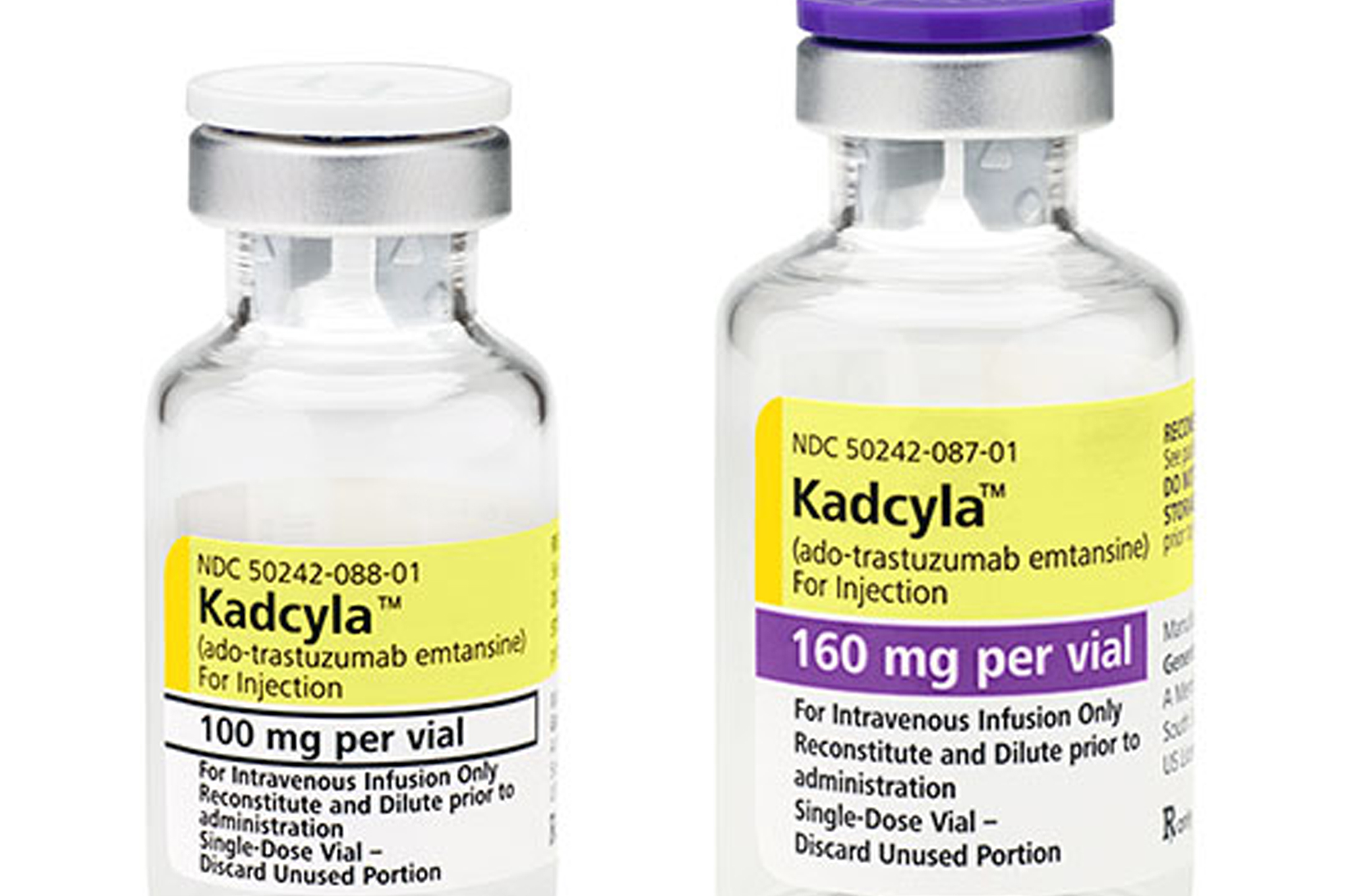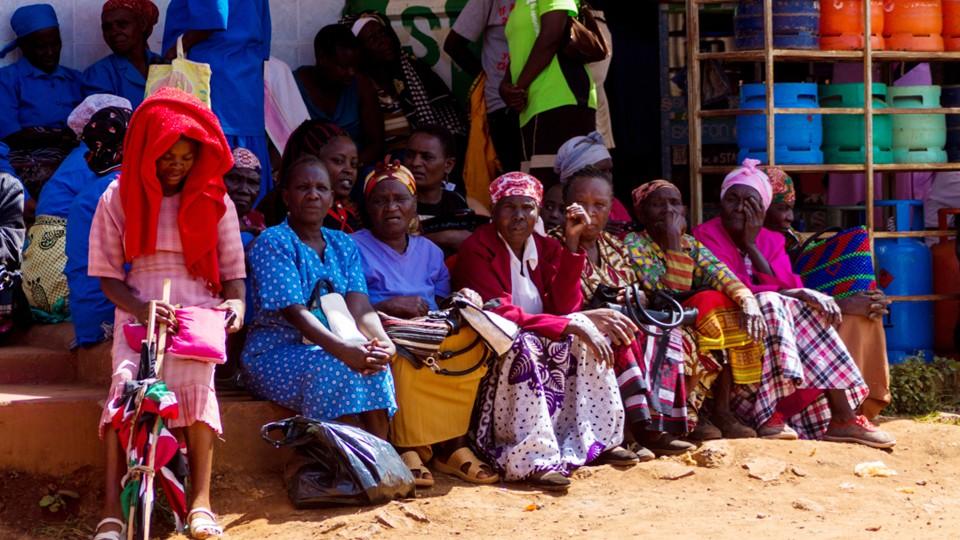Call for Roche to lower Kadcyla price further after NICE rejection

NICE has rejected Roche's breast cancer treatment Kadcyla for a second time, saying its benefits do not justify its price, even after a discount from the manufacturer.
The decision has been called 'disastrous' by UK charity Breast Cancer Now, which has called on NICE and Roche to find a solution to the problem. It believes this should include a further price cut from the pharmaceutical company.
Kadcyla (trastuzumab emtansine) is currently paid for in England through the Cancer Drugs Fund (CDF), but now faces seeing all funding removed if a final agreement cannot be reached.
NICE says Kadcyla costs around £90,000 for a typical course of treatment, much higher than other breast cancer treatments. However, Roche has maintained that this price estimate is inflated. It has also offered numerous discounts, however confidential arrangements mean the actual price cannot be revealed.
The breast cancer drug has been at the centre of great controversy, after NICE first rejected the drug back in August 2014, and with the cost effectiveness body directly criticising Roche for the treatment's high price.
Kadcyla is among a raft of drugs on the CDF that NICE is current reviewing - either approving them for routine use or cutting off funding entirely. While new deals on other high cost cancer drugs have been agreed in the last few months, Kadcyla looks to have missed out again.
This is only first draft guidance, but the document will make grim reading for patients who hope to receive the drug, and for Roche, which has already offered a discount.
Roche and others have the chance to submit comments, ahead of a final committee meeting in February.
The drug consists of the cancer-targeting antibody, trastuzumab – the active ingredient in Roche's Herceptin – armed with a cytotoxic compound, emtansine.
Kadcyla is licensed to treat HER2-positive breast cancer which has spread to other parts of the body, cannot be surgically removed and has stopped responding to initial treatment.
Around 1,200 people with HER2-positive, unresectable, metastatic breast cancer would be eligible to receive trastuzumab emtansine if it were to be recommended.
NICE's appraisal committee looked at new data showing people taking trastuzumab emtansine could live up to nine months longer than those taking the alternative, Novartis' Tyverb (lapatinib) plus capecitabine.
The data included an additional two years of follow-up data from the phase 3 EMILIA trial, which was used to calculate survival.
It also considered a revised patient access scheme. The scheme would have involved the NHS paying the list price for the first 14 months of treatment for each patient, after which the company would rebate the cost of any subsequent treatment.
But even though NICE considered the drug to be an end-of-life treatment, the cost per Quality Adjusted Life Year gained was far in excess of the body's cost-effectiveness thresholds.
Professor Carole Longson, director of the centre for health technology evaluation at NICE, said: “The reality is that the price of trastuzumab emtansine is currently too high in relation to the benefits it gives for it to be recommended for routine commissioning in the NHS, even taking into account the end of life criteria and the patient access scheme.”
The ruling will be a setback for Roche if NICE cannot be swayed. Just last month NICE and the company came to an agreement on its other newer breast cancer treatment, Perjeta. This was achieved after Roche offered a price discount, while NICE accepted that a key endpoint of Roche's clinical trials, pathological complete response (pCR) was likely to be associated with longer survival for patients.
Breast Cancer Now has launched its own petition, demanding that NICE and Roche find an agreement that keeps Kadcyla available for patients in England.
Baroness Delyth Morgan, chief executive at Breast Cancer Now said: "This disastrous decision is a huge setback for the treatment of advanced breast cancer. Kadcyla offers significant and precious extra time for women with incurable cancer in great need of hope, and we mustn't let it slip away."
Baroness Morgan said responsibility lay on both sides, and criticised 'reckless brinkmanship' for putting access to the drug at risk.
"We welcome that Roche have offered a substantial discount, but they must now lower their price even further. However, NICE's decision to use a comparator drug to calculate the cost-effectiveness of Kadcyla that is not even available to patients is wholly inappropriate and must be reconsidered. We believe that, had an appropriate comparator drug been selected, the discounted price may have seen Kadcyla fall within the cost-effectiveness threshold."
The new petition won't be the first focused on Kadcyla - in October 2015, another petition had called on Roche to lower the drug's price, gathering more than 42,000 signatures.












